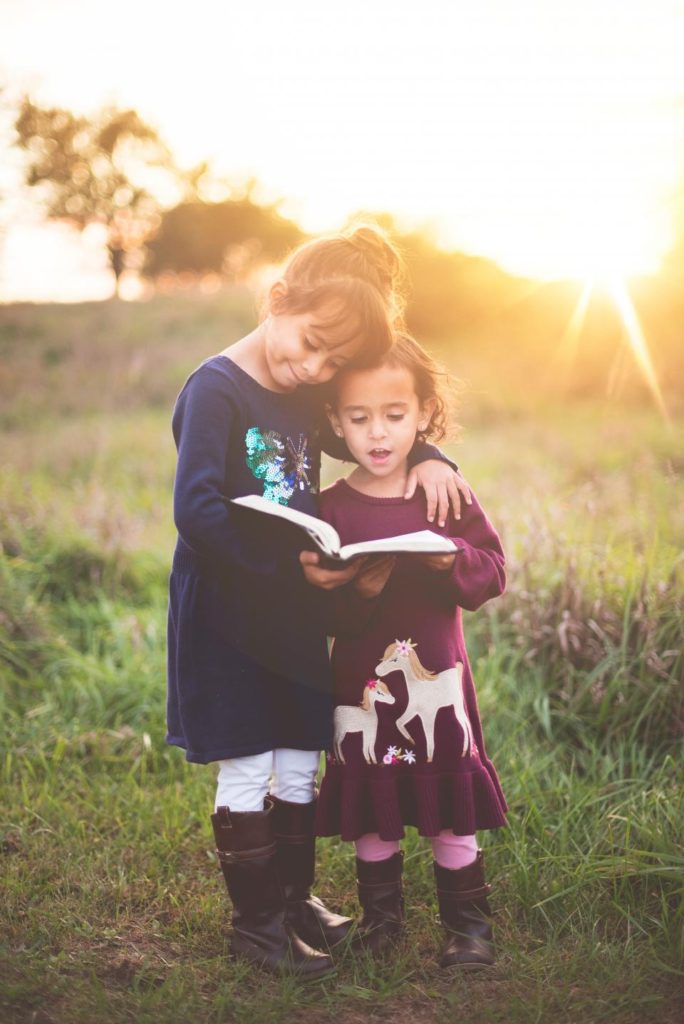The Greek Ministry of Education has secured classrooms and teaching staff on time and succeeded in welcoming asylum seekers under 15 years of age while preparing and integrating minors aged 15-18 in vocational education programs for the current school year.
As a result of their efforts, many of the refugee children joined school classes in various regions of Greece on October 10, starting from Attica, Central Macedonia and Epirus. The programme will be gradually extended throughout the country.
The children travelled by buses provided by the International Organization for Migration (IOM) to 19 schools and received school supplies and books.
The Ministry of Education expressed its gratitude to “teachers, parents’ associations, municipal authorities, numerous student volunteers and the Scientific Committee for their contribution to the success of the first school day for refugee children, and for their warm response towards the harmonious integration of refugee children at school” despite certain reactions in some communities.
Back in May, the Greek Ministry of Health had begun a vaccination campaign aiming to cover asylum seekers in the country. Doctors without Borders led the campaign in collaboration with the General Secretariat of Public Health, the Hellenic Center for Disease Control & Prevention and the National Health Operations Center.
According to media reports, more than 7,000 minors between 6 weeks and 15 years of age were vaccinated by mid-October 2016. The vaccination program covered ten common childhood diseases (diphtheria, tetanus, whooping cough, measles, mumps, rubella, Haemophilus influenzae, hepatitis B, polio and pneumococcus) and it is currently running in the refugee camps in North Greece.
According to official data, there are more than 60,000 asylum seekers stuck in Greece since the Balkan countries shut their borders and the implementation of EU-Turkey agreement began in March. Meanwhile, around 38 percent of those are children and there are many unaccompanied minors without a parent or guardian among them.
Without a doubt, Greece faces hard times due to the refugee crisis but it is also faced with a great opportunity. Both as individuals and as a whole, Greek society may reflect and take a stance against this absurd war. We may try to reflect on the conditions we want ourselves and the children of this world to live in, to reflect on our future as humanity. It is our responsibility to influence things in favour of life and an open future and not towards the absurdity of hate, fear and destruction.






